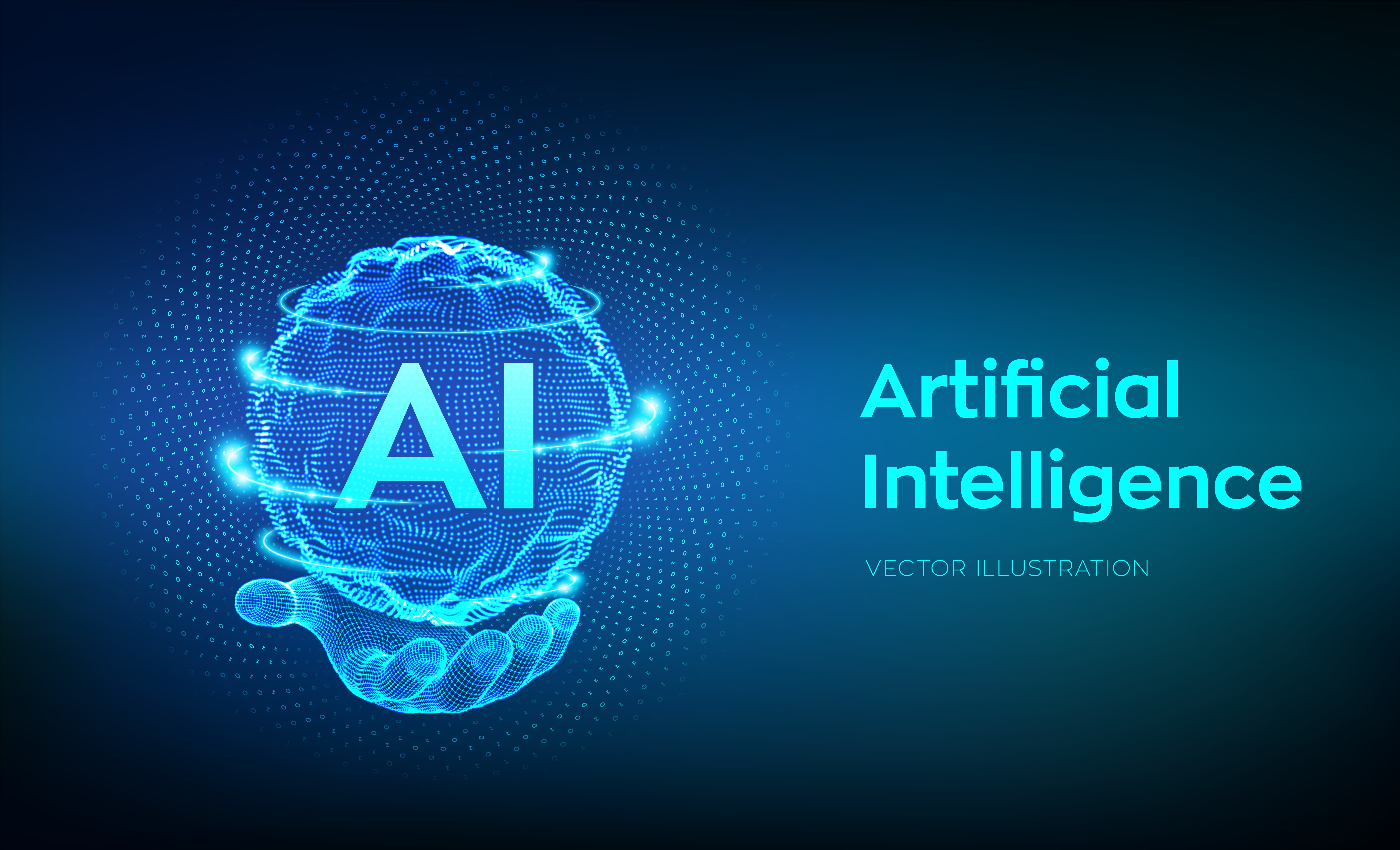The Rise of Artificial Intelligence: A Glimpse Into Tomorrow
The Rise of Artificial Intelligence: A Glimpse Into Tomorrow
Blog Article

Artificial intelligence, often abbreviated as AI, has become an increasingly prominent topic in today's world. The rapid advancements in technology have opened up countless possibilities for integrating AI into various aspects of our daily lives, from simple tasks to complex decision-making processes. As we continue to witness the evolution of AI technology, it is clear that we are on the brink of a new era where machines are not just programmed to perform tasks but are capable of learning and adapting on their own.
The concept of artificial intelligence may have once seemed like a distant idea reserved for science fiction, but in reality, it is already deeply integrated into many sectors such as healthcare, finance, transportation, and more. AI systems are designed to replicate human intelligence, enabling them to analyze data, recognize patterns, and make informed predictions with accuracy that often surpasses human capabilities. This transformational technology is reshaping industries, spurring innovation, and sparking discussions about the ethical implications and potential impact on society.
Benefits of AI
AI technology offers a wide array of benefits to various industries. One key advantage is its ability to automate repetitive tasks, increasing efficiency and freeing up human workers to focus on more creative and strategic endeavors. By streamlining processes, businesses can improve productivity and deliver results faster than ever before.
Another significant benefit of AI is its capacity to analyze vast amounts of data at speeds far beyond human capability. This enables organizations to derive valuable insights, make data-driven decisions, and predict future trends with a high degree of accuracy. In sectors such as healthcare and finance, AI-powered analytics have revolutionized the way information is processed, leading to enhanced outcomes and cost savings.
Furthermore, AI has the potential to enhance customer experiences through personalized recommendations and predictive algorithms. By understanding individual preferences and behavior patterns, businesses can tailor their offerings to meet specific needs, leading to greater customer satisfaction and loyalty. With AI, companies can deliver targeted marketing campaigns and anticipate customer needs, creating a more seamless and customer-centric experience.
Challenges of AI
One major challenge facing artificial intelligence is the issue of bias and discrimination in algorithms. AI systems are designed and trained by humans, and as a result, they can inadvertently perpetuate and even amplify existing biases present in the data used to train them.
Another significant challenge is the lack of transparency and accountability in AI decision-making processes. As AI systems become more complex and autonomous, it becomes increasingly difficult for humans to understand how these systems arrive at their decisions, leading to concerns about accountability and responsibility.
Lastly, the rapid pace of AI development raises ethical concerns about the impact on society. Questions about privacy, job displacement, and the potential misuse of AI technology underscore the need for thoughtful regulation and ethical considerations in the advancement of artificial intelligence.
Ai Search
Future Impacts
One significant future impact of artificial intelligence is the transformation of industries across the board. As AI continues to evolve and become more sophisticated, it will revolutionize the way businesses operate, leading to increased efficiency and productivity.
Additionally, AI is expected to play a crucial role in healthcare by improving diagnostics and personalized treatment plans. With the ability to analyze vast amounts of data quickly and accurately, AI has the potential to revolutionize the field of medicine and ultimately save lives.
Moreover, the integration of AI into everyday life is set to redefine the way we interact with technology. From virtual assistants to smart homes, AI-powered devices will increasingly become indispensable tools that streamline tasks and enhance convenience for individuals worldwide.
Report this page